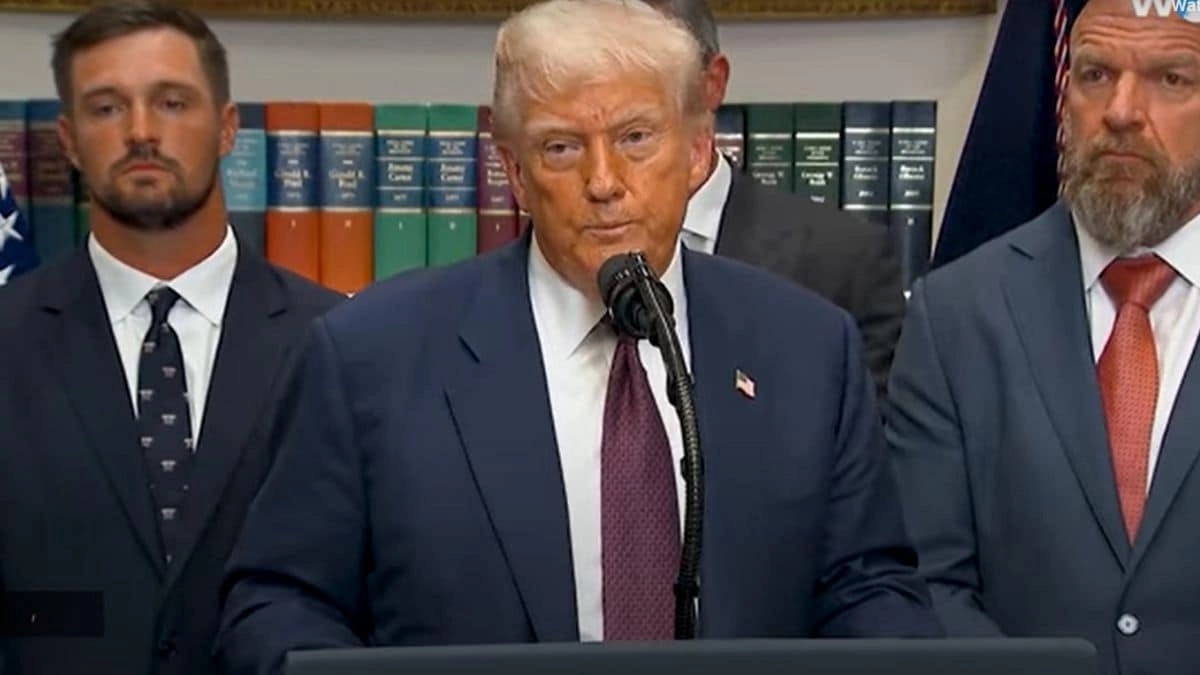During a recent interview, former President Donald Trump was posed a question regarding the United States’ imports of uranium and fertilizers from Russia. This inquiry is particularly significant given the ongoing geopolitical tensions and the implications such imports could have on national security and economic stability. Trump’s response was characterized by his characteristic blend of bravado and deflection, as he sought to navigate the complexities of U.S.-Russia relations while maintaining his political narrative.
Trump’s answer highlighted his administration’s approach to energy independence and the broader implications of relying on foreign nations for critical resources. He emphasized the importance of American energy production and downplayed concerns about imports from Russia, suggesting that the U.S. should focus on harnessing its own resources instead. This perspective resonates with his “America First” policy, which aimed to reduce dependency on foreign nations and bolster domestic industries. However, critics argue that such a stance overlooks the realities of global trade and the interconnectedness of economies, particularly in sectors like agriculture and energy.
Furthermore, Trump’s comments shed light on the complexities of international trade relationships. While the U.S. does import certain commodities from Russia, including fertilizers, the former president’s remarks may have oversimplified the issue. Importantly, fertilizers are essential for American agriculture, and any drastic changes in trade policies could have significant ramifications for farmers and consumers alike. As the global market fluctuates, the balance between ethical considerations and economic necessities remains a contentious topic, especially in light of Russia’s actions on the world stage.
Overall, Trump’s response to the question about U.S. imports from Russia reflects not only his personal political ideology but also the broader challenges facing American policymakers. As the nation grapples with its foreign policy and economic strategies, the implications of such imports will continue to be a point of scrutiny. The interplay between national security concerns and the need for essential resources will remain a crucial discussion as the U.S. navigates its role in an increasingly complex global landscape.




